
A pair of migraine experts explores several topics in the acute treatment of migraine, including recent therapeutic innovations.

A pair of migraine experts explores several topics in the acute treatment of migraine, including recent therapeutic innovations.

Siponimod (Mayzent; Novartis) improved Symbol Digit Modalities Test scores in patients at 12, 18, and 24 months compared to placebo.
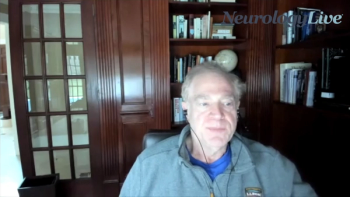
The director of the Montefiore Headache Center discussed how rimegepant has certain benefits over monoclonal antibodies, such as a much shorter half-life.

Investigators noted that empirical work is needed to determine if change from baseline, fixed time point assessments, and responder definitions, or other approaches optimize power and sensitivity to change.

Despite 2020 being a challenging year for those in medicine, the epilepsy therapeutic space featured a number of key steps forward.

Here's what is coming soon to NeurologyLive.

Bijan Nejadnik, MD, chief medical officer, SanBio, also thanked neurological experts that collaborated on the phase 2 STEMTRA trial.
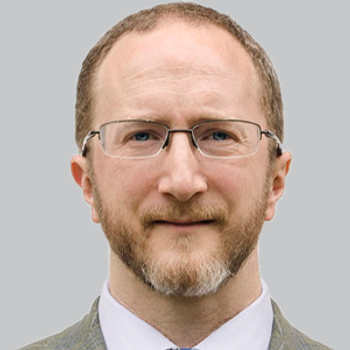
Big data is on the precipice of revolutionizing multiple sclerosis knowledge and treatment.

Researchers also found that during the COVID-19 pandemic, there were reduced rates of stroke quality of care measures.
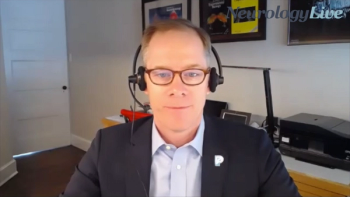
The chief scientific officer of the Parkinson’s Foundation discussed the importance of screening for mood disturbances in patients with PD.

The PACAP pathway has shown promise as a potential novel therapeutic target in the treatment of migraine.

The director of the Massachusetts General Hospital ALS Care Center discussed some of the biggest challenges for patients with ALS and what should be prioritized in research.
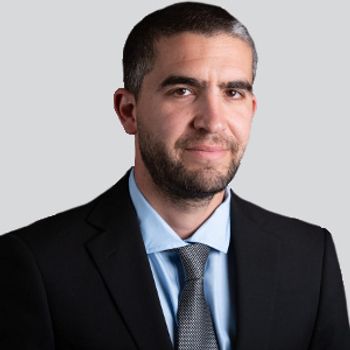
The breakthrough designation gives BrainQ access to the new Medicare Coverage of Innovative Technology pathway.
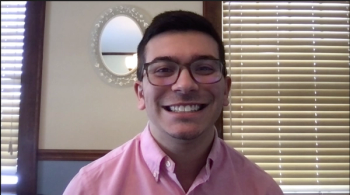
Neurology News Network for the week ending February 20, 2021.

Racial disparities in biomarkers highlight the need to investigate different populations in trials of Alzheimer disease.

Take 5 minutes to catch up on NeurologyLive's highlights from the week ending February 19, 2021.

Masahito Kawabori, MD, PhD, associate professor, Hokkaido University, discussed results of the phase 2 STEMTRA trial.
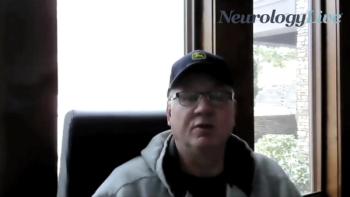
The founder and director of the Sleep Centers of Middle Tennessee discussed how patients that better understand the benefits of PAP therapy had better adherence to the therapy.

Surgical treatment for epilepsy has been proven its effectiveness, and preoperative evaluation has sparked a debate: to spare or not to spare the hippocampus?

Overall, variants within known ALS-linked genes are of potential clinical importance for 42% of patients, according to the study authors.
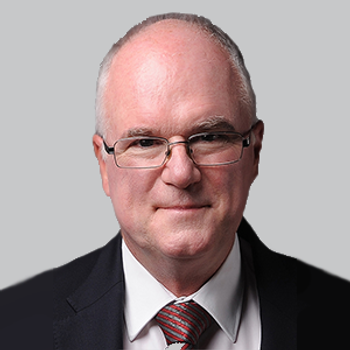
Investigators identified no additional benefit nor harm from the use of low-dose alteplase to treat patients with lacunar acute ischemic stroke compared to other subtypes of AIS.

Scholz was recognized for her application of advanced genetic techniques to the study of neurodegenerative disorders, including dementia with Lewy bodies, multiple system atrophy, frontotemporal dementia, progressive supranuclear palsy, and corticobasal degeneration.
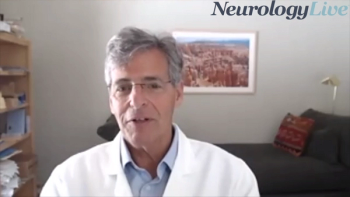
The director of the Schey Center for Cognitive Neuroimaging at Cleveland Clinic shared the next steps in building on previous research that links exercise with a reduced Alzheimer disease risk.

Jennifer Martin, PhD, AASM board of directors' member and professor of medicine at UCLA discussed CBI-T and some of the challenges in treating patients with chronic insomnia.

Researchers also found that patients treated with autologous hematopoietic stem cell transplantation had higher rates of infection then other DMT-treated groups.

The director of the Montefiore Headache Center discussed the impact of halving headache days for patients with migraine.

The duo from Vanderbilt University discussed the lack of awareness for functional seizures, their differences in treatment, and what needs to change about their current management.

Alector’s announcement about the INVOKE-2 study follows a similar update regarding its INFRONT-3 study for frontotemporal dementia.
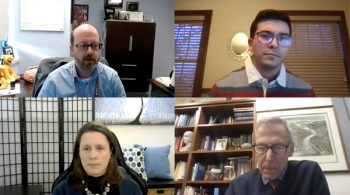
A roundtable discussion featuring Scott Perry, MD, Orrin Devinsky, MD, and Tracy Salazar, PhD, details how advocacy organizations can help guide patients with epilepsy and their caregivers with a seizure action plan.
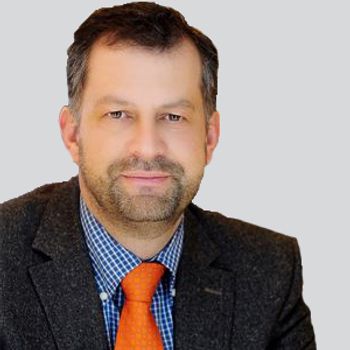
Patients who had a mobile stroke unit dispatched had lower 3-month coprimary disability score.